Sharing is Caring is the biggest learning of the coronavirus pandemic
One of the biggest learning of the pandemic is that sharing is caring. Families affected by COVID-19 are being supported by their neighbourhood. Some are helping the suffering families by supplying them with lunch and dinner. On the other hand some are helping with essentials like grocery or medicine delivery. The pandemic has made people more compassionate towards each other. As a result you can see everybody contributing towards the community in their own way. Sharing is caring is a new realisation that has dawn on society.
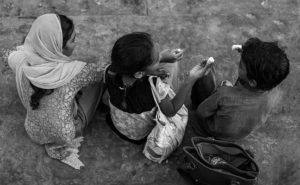
People who have recovered are coming forward to donate plasma to save serious patients. The medical fraternity and health care workers are working round the clock to take care of COVID patients.
Sharing is caring was very much prevalent in the ’70s and ’80s
People who have grown in the ’70’s and ’80’s will recall how the resources were limited and everybody believed in sharing. There was one telephone in a complex of 6-7 houses. Neighbours could share the number freely. And whenever the phone used to ring the owner would call the neighbour without any sweat.
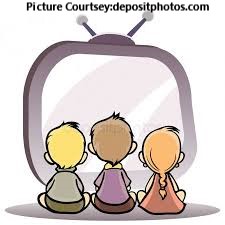
Television sets were limited to only 3 -4 houses in a residential complex of 50-60 houses.Wednesday was for Chitrahaar, a medley of Hindi movie songs while Sunday was for a Hindi movie. The entire neighbourhood would walk in just before the start of the show and the owners would welcome them. The younger audience would sit on a huge carpet while the elderly were offered chairs and sofas. Watching a movie in a company of 15-20 people was just fun.
Sharing is caring was in the DNA of people

During school days textbooks were covered with brown paper to increase their longevity. Once you got promoted the books were passed on to the younger sibling or a neighbourhood friend who was junior to you. Everybody believed in the concept of sharing. School dresses of elder siblings were passed on to the younger one with some refitting and nobody minded.
During marriages, neighbours would make arrangements at their house for the visiting guests. They would make the guests comfortable at their homes and also offer tea and breakfast. If dad and mom had to leave the city to attend a family emergency then neighbours used to take care of the kids.

Borrowing was considered as a culturally accepted norm and neighbours were an extended family. Mom would share freshly made pickles by her with neighbours. On the other hand, the neighbourhood aunt will make dosa and idly and share with us. In days when refrigerators were owned by lucky few, neighbours would ring the bell and ask for ice cubes or a portion of curd.
The society prospered in the ’90’s
The economic liberalization led to an overall prosperity. The society got into a race of acquiring more and keeping themselves ahead of the rest. Display of wealth, ownership of expensive cars and watches, club membership and moving in the company of page 3 celebrities became the norm. As a result the sharing is caring culture got dissipated in the new-found wealth.

People refused to offer their window seat to an excited 8-year-old child seated in the middle on his first maiden flight. Driving on roads became a reflection of the newly discovered culture. Drivers refused to offer space to the vehicles trying to overtake from the right. Today nobody wants to step out of a lift to accommodate an old couple while going up a building. I am sure that a 5-minute delay would not cause a great financial loss.
As people have become wealthier the society has become more inward looking. Unfortunately in this race, the feeling of sharing is caring has taken a back seat. The digital world has impacted our lives like never before. But even the digital world is realising the benefit of sharing. Data storage has moved from individual local servers to the cloud. A cloud is a network of remote servers hosted on the internet to store, manage, and process data. Companies are saving so much on the cloud that they don’t need to invest in buying expensive servers and maintain them.
The pandemic has taught us a new lesson.

The pandemic has definitely brought back the world of sharing is caring. The sharing is not only happening at individual levels but even at country levels. Countries ill-prepared to fight the onslaught of the pandemic are being helped by the ones who have resources.
India that has a surplus production of hydroxychloroquine lifted a ban on exports. It is now supplying the medicine to more than 50 countries including the USA, Mauritius and Afghanistan. China that was successful in containing the pandemic is helping countries like Italy, Iran, Serbia, and Malaysia by sending medical teams and medicinal supplies.
The Authorities are the forefront helping people

The society has come forward to fight the pandemic together. Municipal corporations are maintaining a record of all symptomatic patients. Calls are made to patients to check on their health. The corporation sends its garbage collection team to people quarantined at home.
State governments are adding more beds and creating temporary hospitals to save people. Doctors are working round the clock to help the patients. On the other hand, the health care workers are working diligently without bothering to go home. The Gurdwaras and the NGO’s are at the forefront of serving the community.
The welfare associations of residential complexes are issuing proper guidelines to save the residents from the virus. Resident groups are making food and supplying it to neighbours who are in quarantine. Few associations have converted vacant houses into a temporary medical centre with beds and oxygen cylinders. The doctors staying in the complex have volunteered to take care of the symptomatic patients.
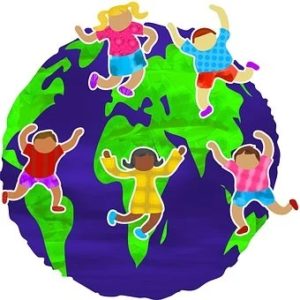
We have not witnessed this kind of compassion in the society earlier. Wearing masks and maintaining social distancing will help us in wiping out the virus. On the other hand, spreading the sharing is caring virus will help us restore normalcy. The planet earth has abundant resources for mankind. The secret to make people smile again is sharing.
You can enjoy reading more such stories on my blog by clicking on the following links:
The Pandemic which created more experts than the virus itself
Cosmetics and Handbags feeling left out of a womens world

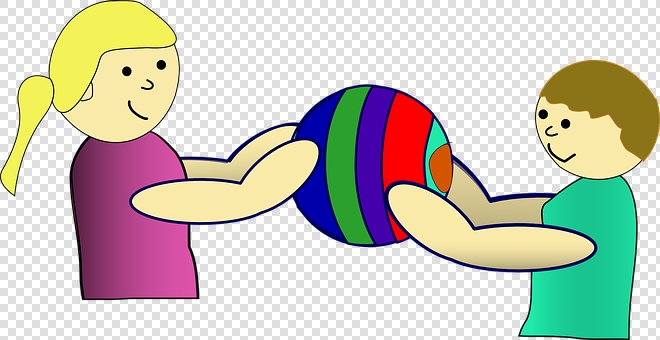




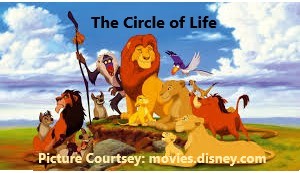





Comments
13 Comments
This compassion is here to stay…a place like india only survives as people live like pack and watch each others back.
Thanks Saloni. Yes I agree the compassion factor is much high in India as compared to other countries. But you have really done a tremendous job in last few months.
Very well written. Totally connected with your thoughts.
Thank you for your encouraging words. Appreciate it.
Your Article beautifully mirrors the impact of COVID in evoking nostalgia and reflecting course correction for one and all to experience a more full filling life experience through sharing and caring .
Thank you Dr Sanjay. Your words mean a lot.
Your Article beautifully mirrors the impact of COVID in evoking nostalgia and reflecting course correction for one and all to experience a more full filling life experience through sharing and caring .
My father used to tell us that GIVING is the greatest spiritual act.
That’s so true! And that is what we need to learn from your generation.
Your blog took me back to memory lane when every Sunday we would watch a film in someone’s house. It was a ritual when all friends would watch a film together. Very well written.
Yes those are days to remember. Sheer nostalgia! I don’t know whether our younger generation will understand it.
[…] Sharing is Caring is the biggest learning of the coronavirus pandemic […]
[…] Sharing is Caring is the biggest learning of the coronavirus pandemic […]
Leave a Comment